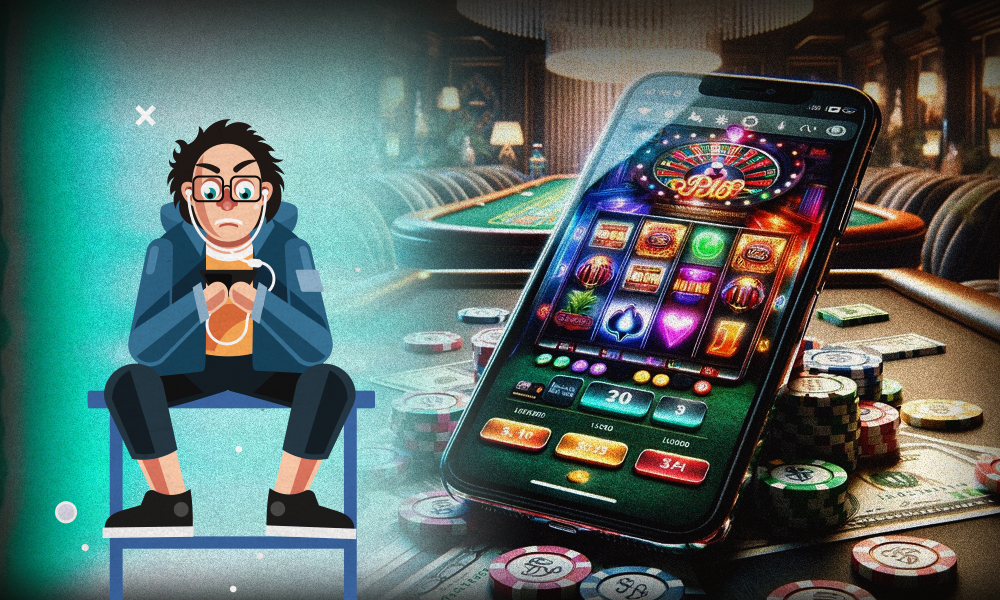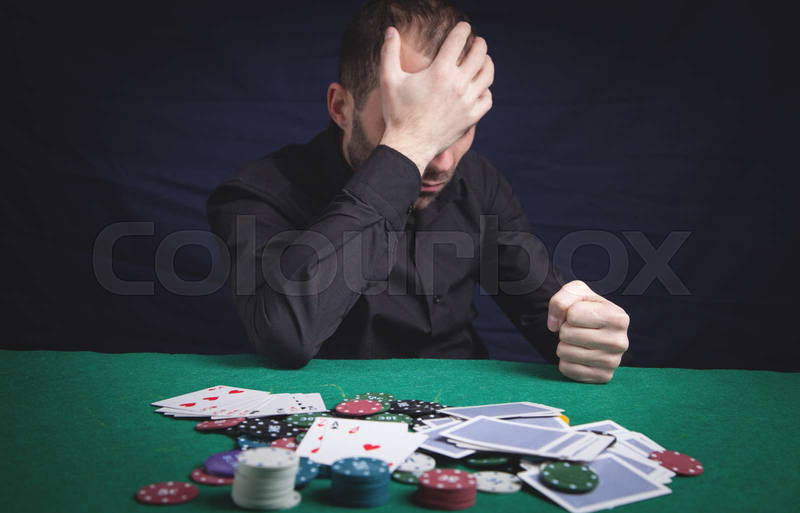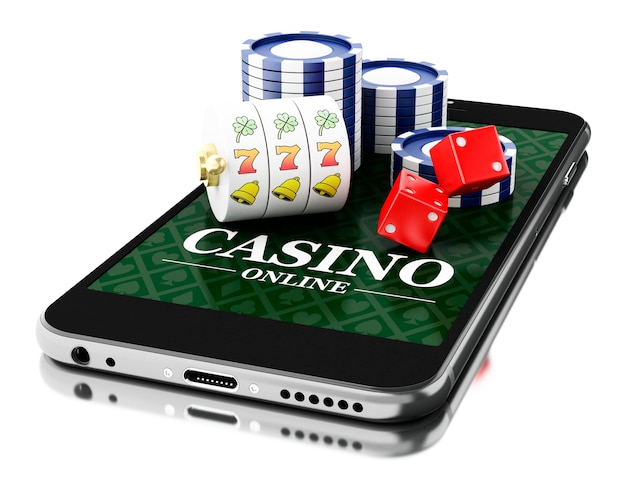The proliferation of online gambling platforms has fundamentally altered the landscape of addiction, creating a more accessible and pervasive form of the “Gambling Realm” than ever before. Unlike traditional, land-based casinos, online gambling brings the casino directly into the homes, pockets, and lives of millions. This digital accessibility, combined with the psychological mechanisms of online platforms, presents unique and severe challenges for those vulnerable to addiction.
One of the most significant factors is the seamless nature of online betting. The use of digital currency and credit cards can create a disconnect from the reality of losing real money. When a person is not physically handing over cash, the psychological impact of a loss is diminished, making it easier to place another bet. This frictionless process accelerates the cycle of addiction, as it removes the physical and emotional friction associated with traditional gambling.
The immersive design of online gambling sites is another major contributor to the digital trap. These platforms are engineered with high-tech graphics, sound effects, and rewarding notifications that are designed to maximize user engagement and dopamine release. The constant stream of games, with instant gratification and rapid-fire betting options, makes it incredibly difficult to step away. This highly stimulating environment can further rewire the brain’s reward system, increasing the intensity of the addiction.
Online gambling also allows for a level of anonymity and secrecy that is much harder to maintain with in-person gambling. A person can gamble from the privacy of their home, hiding their behavior from family and friends. This secrecy deepens the isolation often associated with addiction, making it less likely that the problem will be detected and addressed by loved ones. The digital realm provides a perfect cover for compulsive behavior, allowing the addiction to flourish unnoticed.
The constant availability of online gambling means there is no “off-switch” for the addict. While a physical casino has opening and closing hours, an online gambling site is open 24/7. This constant access makes it difficult to avoid triggers and can lead to round-the-clock gambling sessions, further disrupting sleep patterns, relationships, and responsibilities. The line between recreation and compulsion becomes virtually nonexistent.
For those in recovery, the internet itself can become a minefield of potential triggers. Online advertisements, social media content, and even seemingly innocent gaming apps can all lead back to gambling. Self-exclusion measures, while helpful, are not foolproof, and the sheer number of online platforms makes comprehensive blocking a major challenge. This means that individuals in recovery must develop strong digital resilience and proactive strategies to manage their online environment.
Addressing online gambling addiction requires a specialized approach. Therapy needs to focus not only on the cognitive distortions of gambling but also on the unique triggers and behaviors associated with the digital environment. Financial management strategies must include proactive measures to block online transactions and restrict access to funds. Education is also key, helping individuals and families understand the manipulative tactics used by online platforms.
In conclusion, the rise of online gambling has created a new, more insidious version of the “Gambling Realm,” one that is accessible, anonymous, and relentlessly engaging. While the challenges are significant, recovery is possible. By acknowledging the unique risks of the digital trap, seeking specialized help, and building a robust support system, individuals can break free from the cycle of online gambling and reclaim their lives from the digital abyss.



